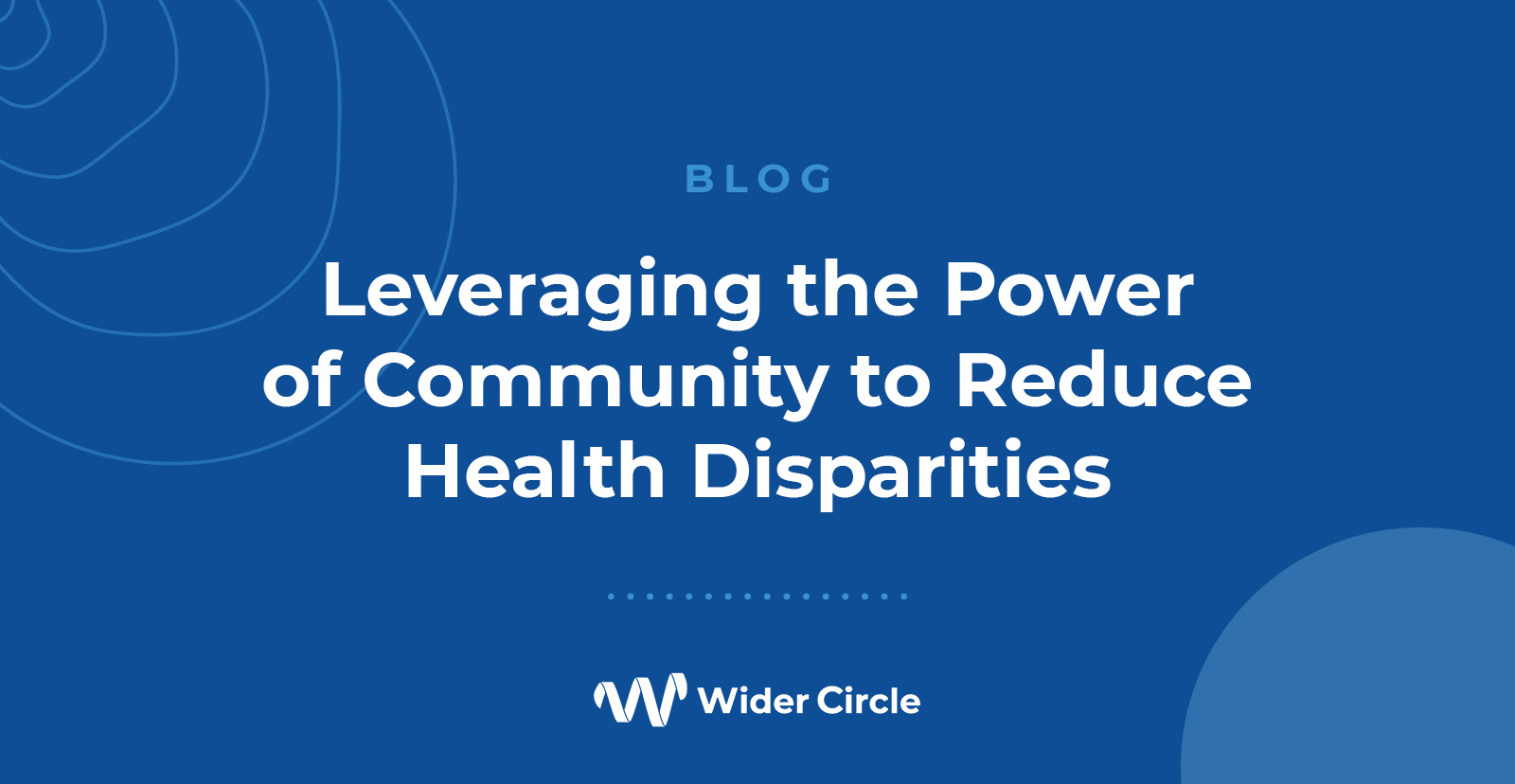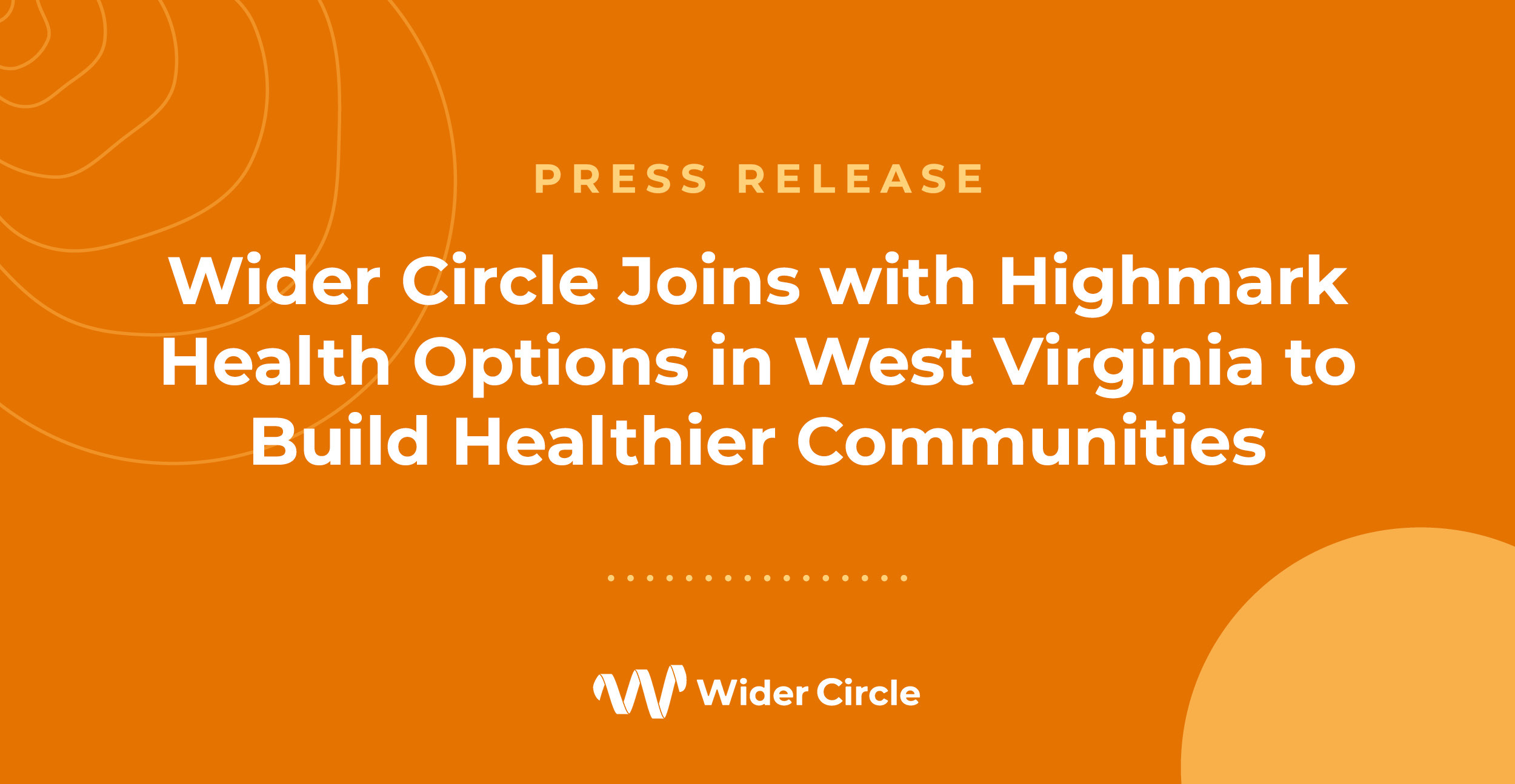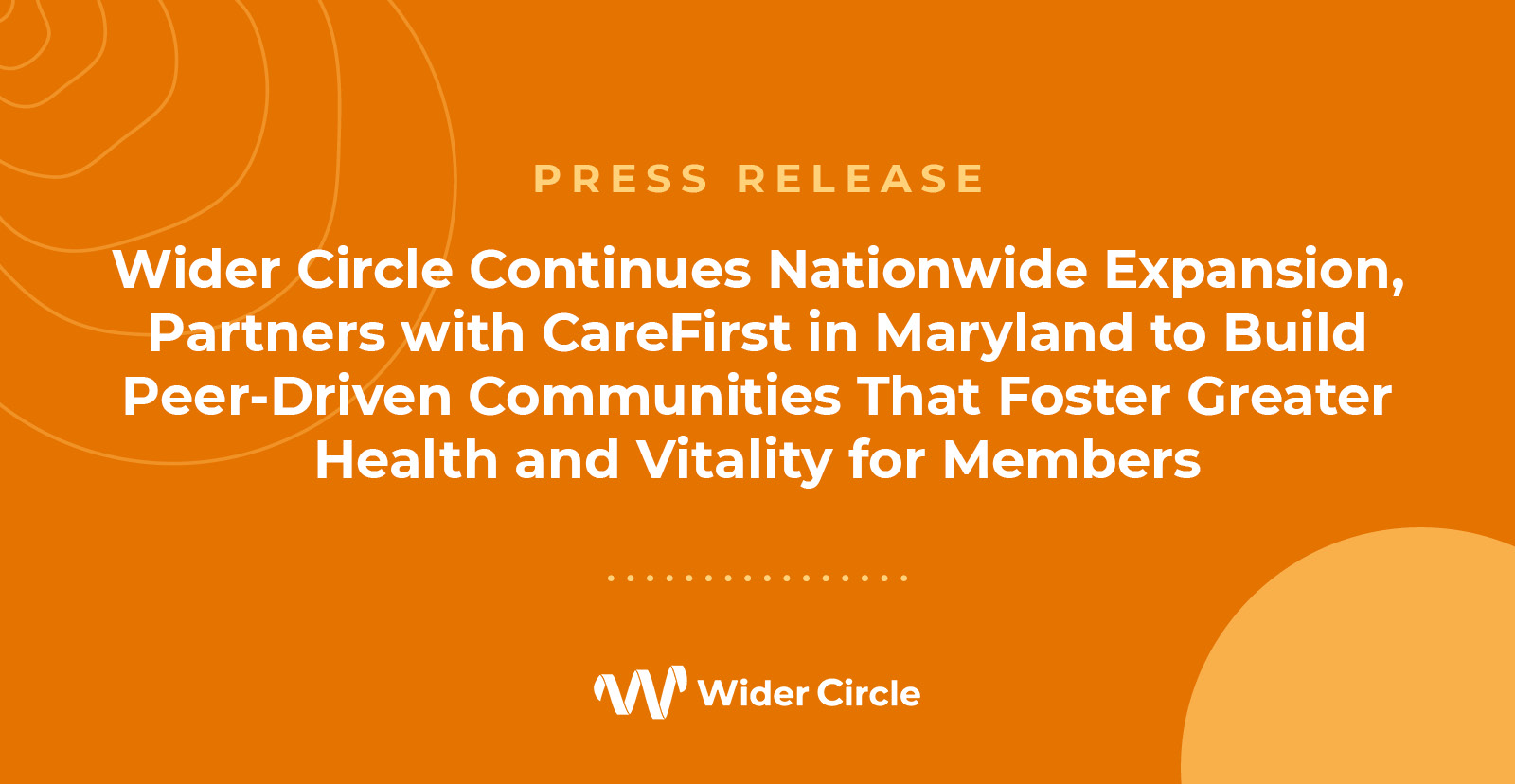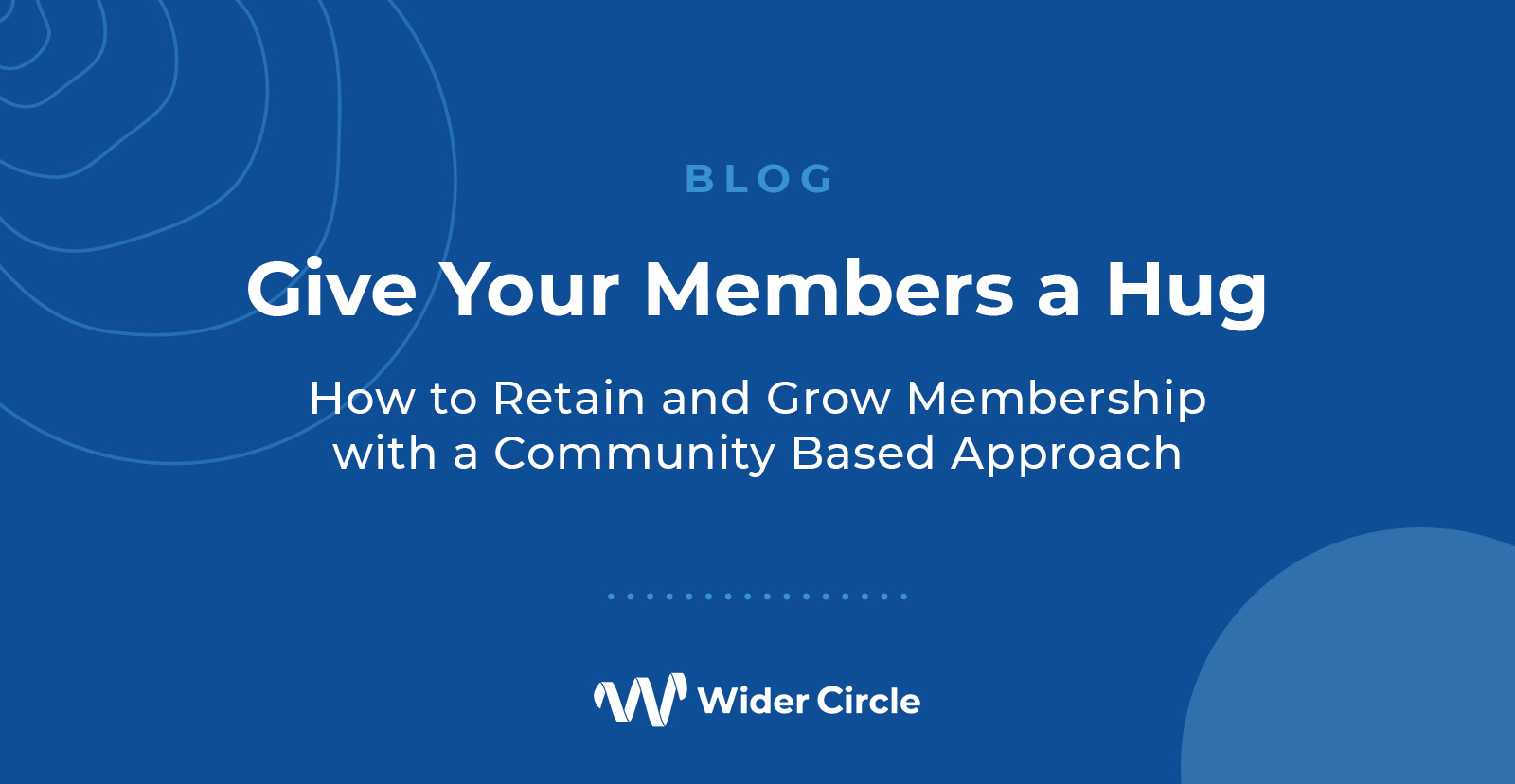
As we observe National Minority Health Month, we are reminded of the persistent health disparities that plague minority communities in our country. Despite efforts to mitigate these inequalities, they continue to grow: according to the most recent data analysis conducted by the Kaiser Family Foundation, in 2022, Black, Hispanic, and American Indian and Alaska Native people fared worse than white people across the majority of examined measures of health, healthcare and social determinants of health (SDoH).
The factors contributing to these disparities are complex and extend far beyond the healthcare system. While genetics, health behaviors, and environmental factors have all been shown to play roles, research suggests that SDoH such as socioeconomic status, education level, food availability, and housing stability are primary drivers of health outcomes among minority groups.
Access to quality healthcare (or the lack thereof) further exacerbates these disparities. Economic constraints, lack of insurance coverage, cultural and linguistic differences, and systemic biases create formidable barriers to healthcare access and utilization. As a consequence, many individuals within minority communities don’t receive timely preventive care and early interventions, leading to worsened health conditions and increased mortality rates.
By ensuring equitable access to healthcare services, including preventive care, screenings, and treatments, we can mitigate factors disproportionately affecting minority communities and increase the likelihood of them receiving timely and appropriate care, improving chronic condition management, detecting diseases earlier, and enhancing overall health outcomes. Additionally, involving minority communities in healthcare decision-making tailors interventions to their needs, fostering trust and collaboration between healthcare providers and patients.
The Importance of Social Connection
Community-based social support initiatives can be powerful tools to combat health disparities in minority communities. There is growing evidence that people’s mental and physical health are shaped by their social environment — that is, their social relationships with others, including the degree of trust and connectedness they feel with their neighbors. For example, studies have shown that residents of socially cohesive neighborhoods are more likely to work together to achieve common goals such as cleaner and safer public spaces, and healthy behaviors; to exchange information regarding childcare, jobs and other resources that affect health; and to maintain informal social controls discouraging crime or other undesirable behaviors.
Wider Circle was founded on the premise that connecting neighbors is the key to better health. We’re helping to eradicate health disparities by building neighborhood groups that empower members to motivate and support each other to get the care they need, when they need it, where they need it. Through our Connect for Life (CFL) program, we are restoring the social fabric and creating lasting neighborhood groups, or “circles,” of health plan members in communities across the country– uplifting individuals by leveraging facilitators, establishing trust with members, and tailoring interventions to meet specific community needs.The success of our model has shown that fostering community connections can be a vital part of the efforts to eradicate healthcare disparities in our country. At a time when health-related inequalities are growing, and vulnerable populations are facing multifaceted challenges, community connections can serve as the linchpin for delivering equitable and person-centered care. By actively engaging with local communities, we can reduce healthcare disparities, bridge gaps in healthcare awareness, facilitate preventive care initiatives, and empower individuals to take charge of their health.



